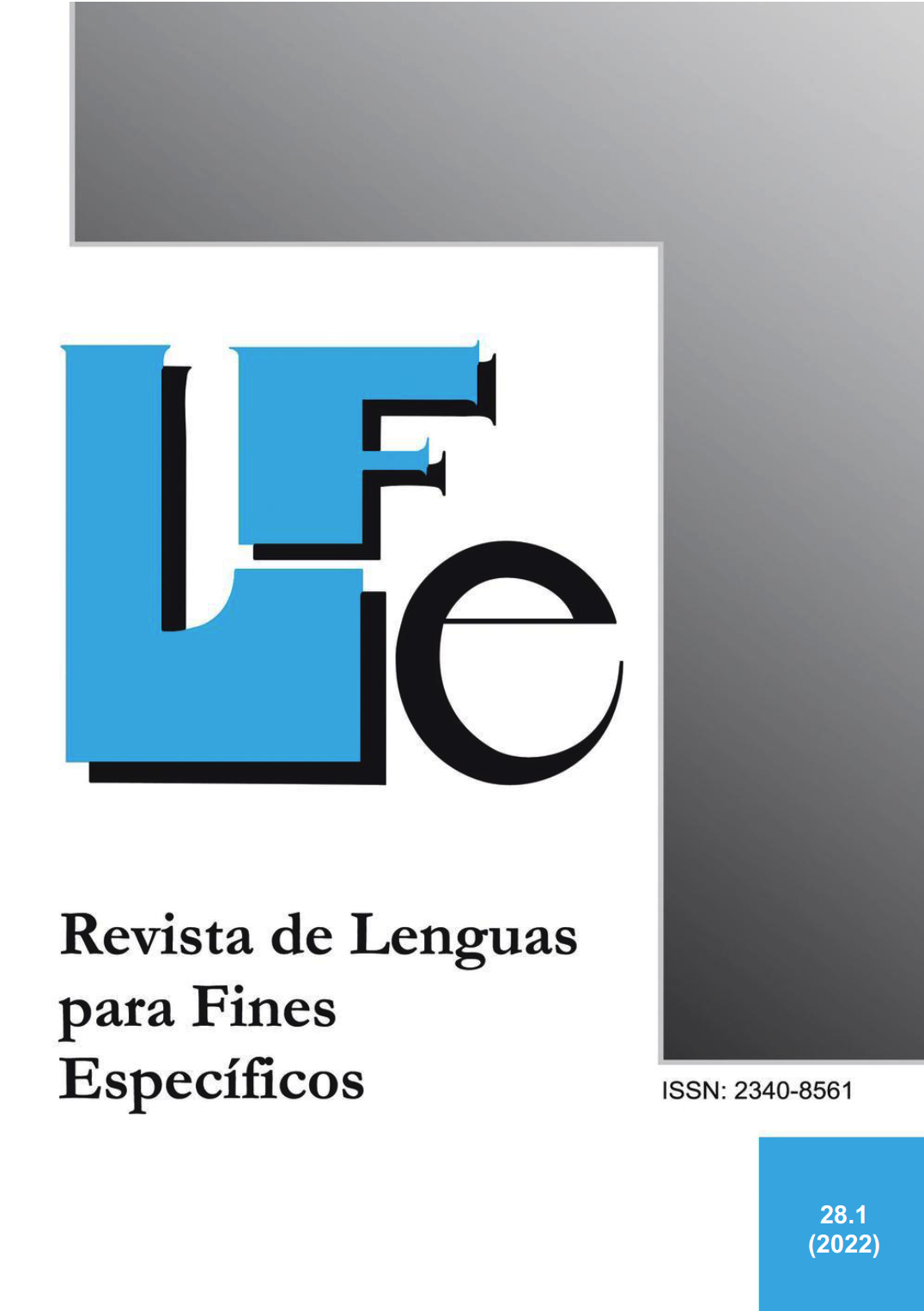Refugee crisis, press discourse and the rise of the xenophobic right-wing
Keywords:
migration crisis, political language, journalistic discourse, xenophobiaAbstract
We are living through a political cycle in which the far right in Europe is making an undeniable and seemingly unstoppable resurgence. The new radical populist right-wing parties have a strong xenophobic profile that capitalises on the refugee crisis. This study tries to find out, within the multiplicity of factors that contribute to political behaviour, what the role press plays in this xenophobic-populist upsurge. Using qualitative and quantitative techniques, based on discourse analysis and descriptive statistics, it aims to clarify the relationship between the refugee crisis, the press, and the far-right in three comparative cases, namely Spain, France and Italy. Through a symbiotic use of semantic fields, regressions and quantitative analysis, most of our hypotheses about the effects of press framing on political behaviour are confirmed.
Downloads
References
ACNUR (2018), “Travesías desesperadas”, recuperado de: https://www.acnur.org/publications/pub_prot/5c5110f94/travesias-desesperadas-refugiados-e-inmigrantes-llegan-a-europa-y-a-las.html
Alandro, E. (2013). Las teorías profesionales y las 5 crisis del periodismo. Cuadernos de Información y Comunicación 18, 69-81.
Barthes, R. (2014-Reedición). Roland Barthes par Roland Barthes. Paris: Points Essais.
Bauman, Z. (2008). Archipiélago de excepciones. Madrid: Katz Editores.
Castells, M. (2009). Comunicación y poder. Madrid: Alianza Editorial.
Canavos, G. C. (1988). Probabilidad y estadística. Aplicaciones y métodos. Madrid: McGraw-Hill.
Corcoran, P. E. (1979). Political language and rhetoric. Austin: University of Texas Press.
De Lucas, J. (2018). Identidad, ciudadanía y derecho: Del estereotipo al fobotipo. Amnis. Revue de civilisation contemporaine Europés/Amériques, 1-10.
Fairclough, N. (1992). Discourse and social change. Cambridge: Polity Press.
Fairclough, N. & Wodak, R. (1997). Critical Discourse Analysis. En T. A. van Dijk (Ed.), Discourse Studies: A Multidisciplinary Introduction (pp. 258-284). London: Sage.
Gallardo-Paúls, B. (2018). Discurso político y desplazamientos discursivos. En C. Llamas Saiz (Ed.), El análisis del discurso político: Géneros y metodologías (pp. 13-42). Pamplona: Ediciones Universidad de Navarra.
Gallardo-Paúls, B. & Enguix Oliver, S. (2014). Estrategias de encuadre discursivo en periodismo político: Análisis de un corpus de titulares. Círculo de Lingüística Aplicada a la Comunicación 58, 90-109.
Gallego, F. (2007). Neofascistas. Democracia y extrema derecha en Francia e Italia. Madrid: Debolsillo.
Glossaire 2.0 sur l’asile et les migrations (2012), publicado en la Publications Office of the EU. Recuperado de https://op.europa.eu/en/publication-detail/-/publication/f61baaae-c95d-4655-89ce-c6ac0e755ad2. El glosario contiene vocabulario en todos los idiomas oficiales de la UE.
Goffman, E. (1974). Frame analysis: An essay on the organization of experience. Cambridge MA.: Harvard University Press.
Gonzalo, C. (03/03/2016) El perfil ideológico de los medios de prensa españoles [Mensaje en un Blog]. Carlos Gonzalo – Ph.D. Comunicación Social. Recuperado de: https://www.carlosgonzalo.es/el-perfil-ideologico-de-los-medios-de-prensa-espanoles
Howarth, D. & Stavrakakis, Y. (2000). Introducing discourse theory and political analysis. En D. R. Howarth, A. J. Norval & Y. Stavrakakis (Eds.), Discourse Theory and Political Analysis: Identities Hegemonies and Social Change (pp. 1-37). Manchester: Manchester University Press.
Jenkins, H. (2006). Convergence culture: Where old and new media collide. New York: New York University Press
Laclau, E. (2005). La razón populista. Madrid: Fondo de Cultura Económica de España.
Lakoff, G. (2007). No pienses en un elefante. Lenguaje y debate político. Madrid: Editorial Complutense.
Mbembe, A. (2011). Necropolítica. Madrid: Melusina.
Norris, P. (2000). A virtuous circle: Political communications in post-industrial societies. Cambridge MA: Harvard University Press.
Ruiz, P. (2016), Las vulneraciones de derechos humanos en los CIE que niega Fernández Díaz, eldiario.es. Recabado de: https://www.eldiario.es/desalambre/vulneraciones-derechos-CIE-Fernandez-Diaz_0_571843753.html
Scheufele, D. (2009). Agenda-setting, priming and framing revisited: Another look at cognitive effects of political communication. Mass Communication & Society 3, 297-316.
UNICEF (en Twitter, 07/11/2019). Recabado de: https://twitter.com/UNICEFenEspanol
Urbán, M. (2014). El viejo fascismo y la nueva derecha radical. Colección crítica & alternativa. Barcelona: Sylone.
Van Dijk, T. A. (1978). La ciencia del texto. Un enfoque interdisciplinario. Barcelona: Ediciones Paidós.
Van Dijk, T. A. (2009). Discurso y poder. Contribuciones a los estudios críticos del discurso. Barcelona: Editorial Gedisa.
Downloads
Published
How to Cite
Issue
Section
License
Authors who publish with this journal agree to the following terms:
- Authors retain copyright and grant the journal right of first publication with the work simultaneously licensed under a Creative Commons Attribution License that allows others to share the work with an acknowledgement of the work's authorship and initial publication in this journal.
- Authors are able to enter into separate, additional contractual arrangements for the non-exclusive distribution of the journal's published version of the work (e.g., post it to an institutional repository or publish it in a book), with an acknowledgement of its initial publication in this journal.
- Authors are permitted and encouraged to post their work online (e.g., in institutional repositories or on their website) prior to and during the submission process, as it can lead to productive exchanges, as well as earlier and greater citation of published work (See The Effect of Open Access).

Revista de Lenguas para fines específicos is licensed under a Creative Commons Reconocimiento-NoComercial-SinObraDerivada 4.0 Internacional License.
























